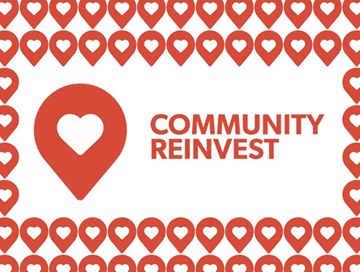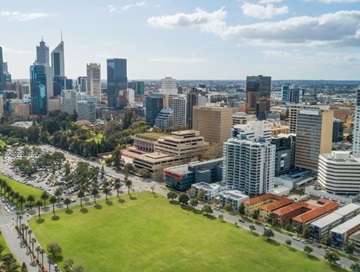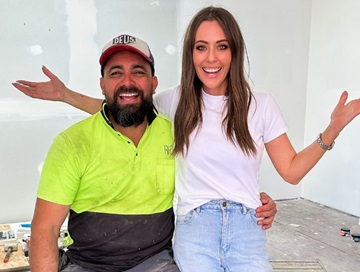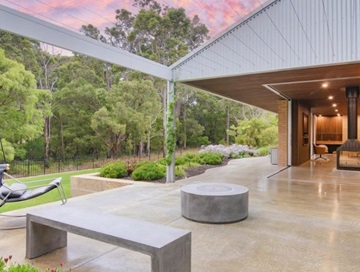You may be thinking about taking a step into home ownership, but how do you know when you’re ready?
Home ownership is not something to be taken lightly, so it’s critical you thoughtfully and honestly assess your financial and personal situation before entering the property market.
What can you afford?
The type of home you buy and its location will be directly impacted by what you can afford.
Don’t lock yourself into a mortgage that is outside your means. Be practical about what you can realistically and comfortably survive on. You should leave yourself some financial breathing room because on top of this, you will also have numerous ongoing costs associated with owning a home to keep on top of.
A good rule of thumb is to make sure your monthly mortgage repayments do not exceed 30 per cent of your gross monthly income.
Read more about the costs involved.
Have you saved a deposit?
Very few people are in the fortunate financial position to be able to purchase their first property, or any property for that matter, without needing to take out a loan to assist with the purchase.
In order to borrow the hundreds of thousands of dollars you’ll need to purchase property, you will need to save a deposit. As a general rule, lenders require you to have around 10 per cent of the purchase price, but this can vary case by case.
Saving a deposit can take time, but the bigger your deposit, the less debt you'll have.
Read more about deposits.
Are you educated about the market?
Give yourself the upper hand by thoroughly educating yourself on the market. Property is too big a financial investment to not have your eyes wide open when making decisions.
Things you should research are:
Market price – what price are the homes you're interested in listed for?
Sale price – how do the sale prices of homes similar to those you’re interested in match up against their original listed price? These two can often be quite different.
Suburbs – what suburb are you interested in buying in? Does it meet your lifestyle requirements?
Growth rates – does the area you are buying in have a strong growth rate? Will this benefit you in the future?
It’s also useful to know whether you’re buying in a “seller’s market” or a “buyer’s market”. Speak to your REIWA agent about this and where you stand as a buyer. It's important to understand how the type of market you're in shapes your buying experience.
Read more about what to consider when buying.
.tmb-imgwidgetm.jpg?sfvrsn=4d270dc3_1)









